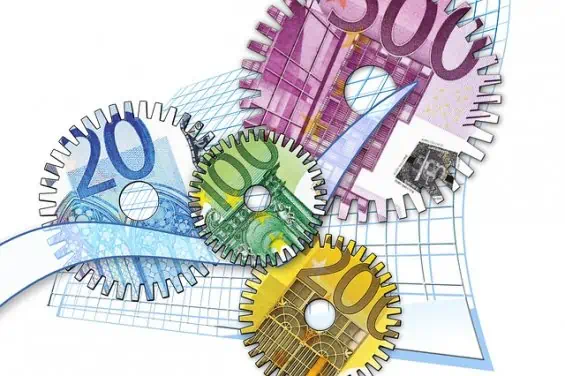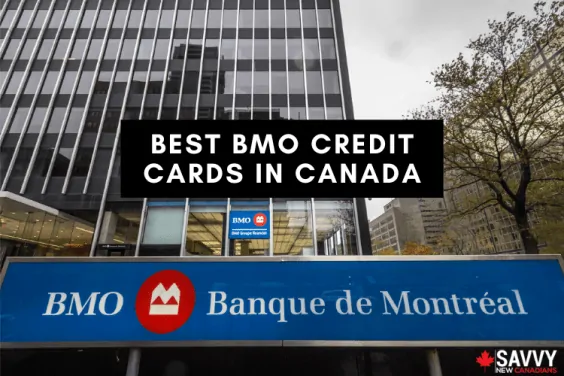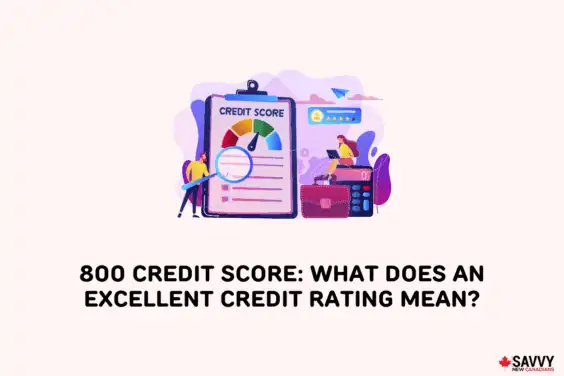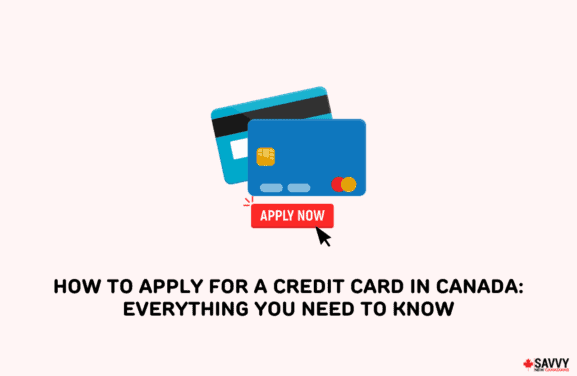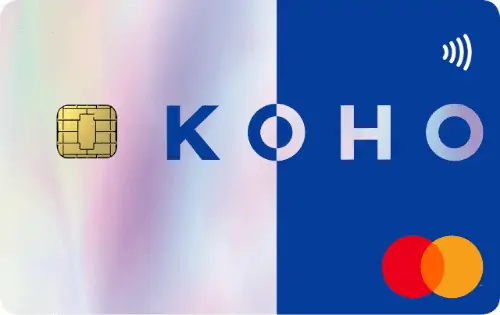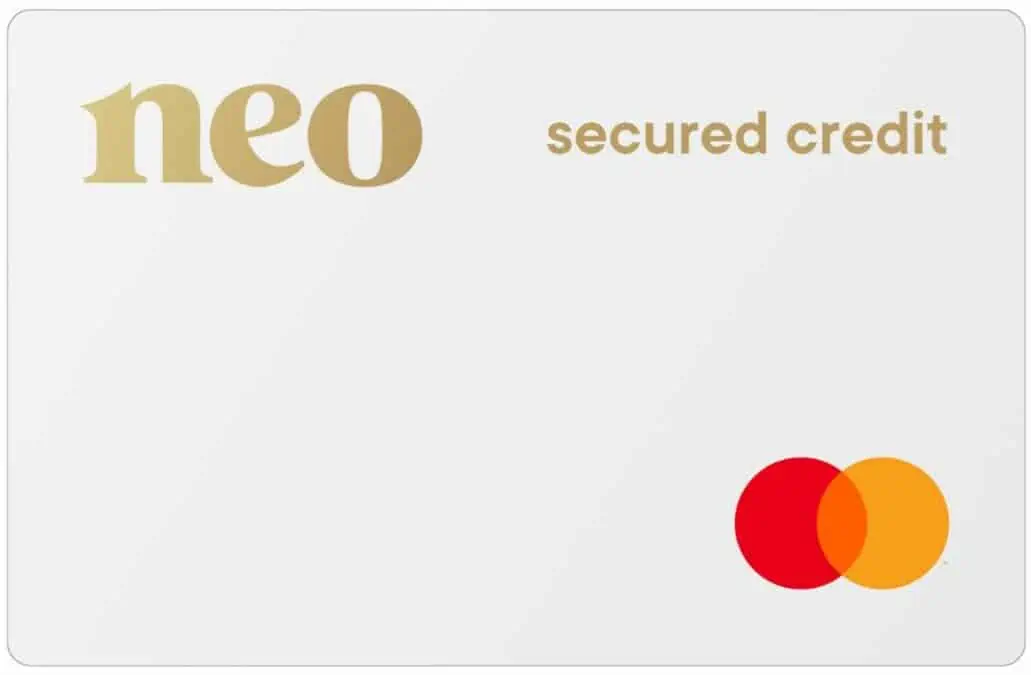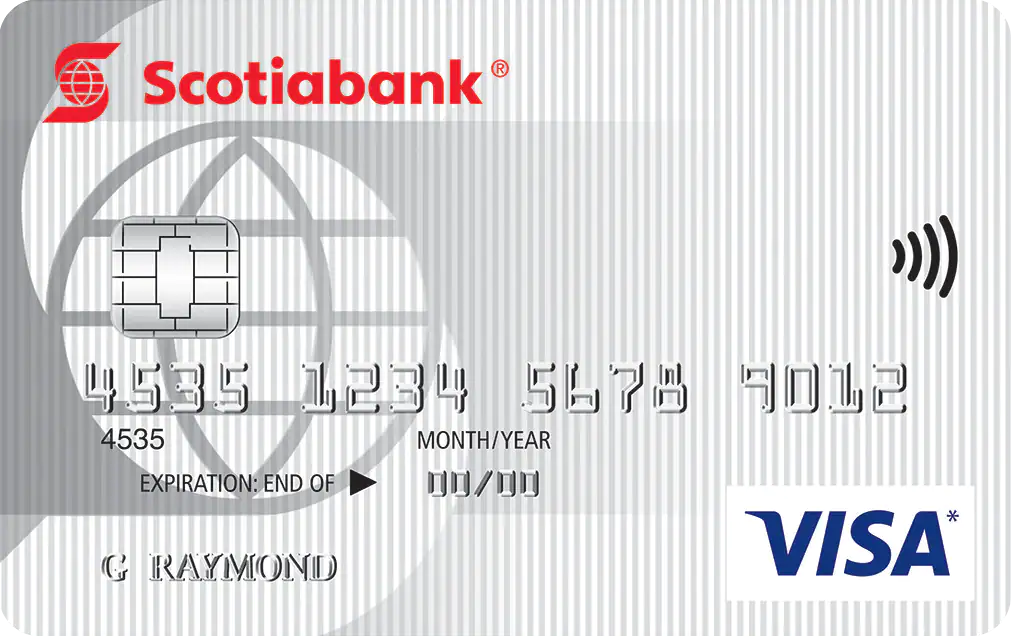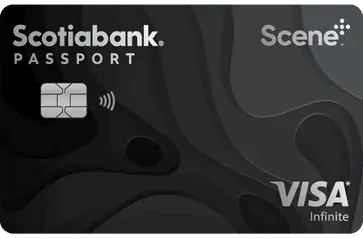Credit cards are a popular way to spend money in Canada. Not only are they safer and more convenient than cash, but they also provide a way to borrow money when needed.
Many cards also have rewards and premium perks you can enjoy when you spend on them.
But how do they work? How does credit card interest work? What types of credit card transactions should you know about?
Here’s a definitive guide to how credit cards work in Canada.
How Do Credit Cards Work?
Credit cards allow you to borrow money for purchases and cash advances for your day-to-day spending.
At the end of the month, you will receive a statement showing how much you have spent on your card. If you pay back your statement in full, you don’t pay any interest; if you don’t pay it back in full, you pay interest on the balance.
This is the basic process with all credit cards in Canada. However, all credit cards have differences in interest rates, fees, perks, discounts, credit limits, and more.
Paying With a Credit Card vs Debit Card
You may think that paying with a credit card is the same as paying with a debit card. They do have similarities:
- They often use the same network (e.g. Visa, Mastercard, American Express)
- The payment is made electronically without the need for cash.
Also, if you pay back your credit card balance in full every month and don’t incur interest, it is similar to using a debit card.
However, the key difference is that with a debit card, you are paying with your own money. The money is withdrawn directly from your bank account. If you don’t have enough money, you can’t make the payment.
With a credit card, you are borrowing money. You then pay it back at the end of the month without paying interest or later with interest added.
Credit cards also tend to provide more rewards like cashback. But there are debit cards that offer rewards too.
Using a credit card also impacts your credit score. Even if you use it like a debit card, making your payments on time will improve your credit score, just as failing to make them on time can hurt your score.
Types of Credit Card Transactions
There are three main types of credit card transactions that you should know about: purchases, cash advances, and balance transfers.
Purchases
Purchases are the payments you make using your credit card in a store or online. This is the most common type of payment that is made using credit cards.
Interest paid on your overdue purchase balance is called the purchase APR. In Canada, the average purchase interest rate is 19.99%.
Cash Advances
A cash advance is where you withdraw money from an ATM. In this case, the credit card issuer essentially lends you the cash, and you can then spend the cash how you like.
The key thing to remember with cash advances is that they often (but now always) incur a higher interest rate. You should be able to see this rate when you apply for a credit card in Canada.
Also, when you make a cash advance, you may start paying interest from that day. This means even if you make your monthly payment in full, you are still charged interest on the cash advance. This does not happen with purchases.
Balance Transfers
A balance transfer is when you transfer a balance from one credit card to another.
Let’s say you carry a balance on Card A and open a new credit card with Card B. When you transfer the balance from Card A to Card B, this is a balance transfer.
Why would you do this?
Card B may provide a lower rate of interest. There are also credit cards that provide you with 0% interest on balance transfers for the first few months, which we will look at in more detail later.
It is, therefore, an option to consolidate your balances into one, pay less interest and pay off your balance sooner.
How Does Credit Card Interest Work?
Credit card interest is often confusing, but it’s fairly straightforward.
The first thing to mention is the APR, which stands for Annual Percentage Rate. This is how all credit cards display their interest rates.
It is the interest rate you will pay on any balance you carry, which is displayed annually. The higher the rate, the more interest you will pay. This makes it an easy way to compare credit cards in Canada.
But there is more to it than this.
Interest is only charged if you don’t pay back your full monthly balance, and the interest is charged daily.
If your card has an APR of 19.99%, you can work out the daily interest rate by taking 19.99% and dividing it by the number of days in a year (365). This gives you a daily rate of 0.055%.
The interest also compounds every day. So, if you have a balance of $1,000:
- After day one, you will be charged an interest of $0.55 (0.055% x $1,000).
- After day two, you will be charged interest on $1,000.55 rather than the original $1,000.
The interest will then keep compounding until you pay off your total balance.
Other Credit Card Fees
Interest is often the main cost of having a credit card unless you pay back your full monthly balance.
But even in this case, there are often additional fees to pay. Here are some of the fees to keep in mind:
- Annual Fee – The annual cost of using the card. Some cards do not have an annual fee.
- FX Fee – Some cards charge a fee when you spend on the card in a foreign currency. Some credit cards may offer zero FX fees as a perk.
- Overlimit Fee – Most credit cards will charge you a fee if you spend over your credit limit.
- Cash Advance Fee – As well as typically charging a higher interest rate, many cards will charge a fee when you make cash advances.
- Balance Transfer Fee – If you transfer a balance from another card, you will usually have to pay a fee (e.g. 3% of the total amount transferred).
- Late Payment Fee – Failing to make a payment on time often incurs a charge.
- Returned Payment Fee – A fee may be charged if the transaction cannot be processed.
What Is a Credit Limit?
You will be given a credit limit when you apply for a credit card. This is simply the amount that you can borrow each month.
For example, you may be given a $1,000 credit limit. This means you can borrow up to $1,000. Then, if you pay it back in full, you can borrow up to $1,000 again the next month.
Some credit cards will have higher credit limits than others, but your limit can also depend on your credit score, credit history, and income.
Card issuers may increase your credit limit the longer you stay with them. You may also be able to request an increase in your credit limit.
How Do Credit Card Payments Work?
Credit card payments are quite straightforward. First, you spend on your card during the month up to the maximum of your credit limit. Then, at the end of the month, you will receive a statement listing all of the purchases you have made.
When is a credit card payment due? The statement will clarify when the payment must be made, and you can pay off the whole amount on or before this date.
You will also see a minimum payment. If you don’t want to pay the entire amount, this is the minimum amount you have to pay back.
If you do not pay the balance in full, the next statement you receive will display the interest charged to your balance. This interest is added to your spending for that month. You will then have the option to pay it back or the minimum payment.
What Is a Credit Card Grace Period in Canada?
The credit card grace period is the time between the end of the billing cycle and the payment date when no interest is charged.
For example, if you receive your credit card statement on the 30th of the month and have 15 days until the payment date, this is the grace period.
Remember, however, that cash advances may not have a grace period, and you may have to start paying interest from the moment you make the cash advance.
Pros and Cons of Credit Cards
There are several advantages and disadvantages when using a credit card.
Credit Card Pros:
- Many cards come with rewards like cashback to help you save on your daily purchases.
- Get access to funds even if you don’t have enough in your bank account, which can be useful in emergencies.
- You can borrow money without paying interest if you make your monthly payments on time.
- Making your credit card payments each month helps to improve your credit score.
- Shopping with credit cards is more secure and convenient than with cash.
Credit Card Cons:
- Missing credit card payments can hurt your credit score.
- Credit cards can make it easy to get into debt if you don’t control your spending carefully.
- Interest rates are higher for credit cards than for many other loans.
Should You Get a Credit Card?
Only you can decide whether getting a credit card is the right choice. You can weigh the pros and cons to help you decide.
It could be a good decision if you want to earn specific rewards or cashback and you know you will pay your balance every month. You could benefit because you are getting rewards for your spending that you would not get with most debit cards.
If you want to improve your credit score, getting a secured credit card for that specific purpose might be worth getting.
However, if you struggle to control your spending and are already in debt, getting a credit card might not be ideal.
How to Choose a Credit Card
Choosing a credit card can seem daunting because there are so many different credit cards in Canada. It all depends on why you are getting a credit card.
Earn Rewards
If earning rewards is your primary concern, you may want to choose a credit card based on the rewards it provides.
These can involve rewards points that provide discounts on purchases, cashback, insurance, and more.
Pay a Balance Off Sooner
If you have a balance on a credit card and want to pay it back sooner, with a lower interest rate, you may want to transfer it using a balance-transfer credit card.
These often don’t provide many rewards or premium perks, but they have a low-interest rate. Several cards offer 0% APR for the first six or 12 months.
Another option is a low-interest credit card. These cards charge a lower APR, so you can reduce your interest payments and pay off your balance sooner.
Build Your Credit Score
You may want a secured credit card if your credit score is poor. These are easier to apply for if you have bad credit.
With these cards, you will usually have to make a security deposit. You can then typically borrow up to the amount that you have deposited and make your payments on time each month to improve your credit score.
Compare Credit Card Features
Compare different credit cards based on the type of card you want. For example, if you want a rewards credit card, compare the rewards. Do you want cashback? Do you want travel insurance included?
If you want a balance-transfer credit card, compare the interest rates and the time you can pay low or no interest on balance transfers.
In all the above cases, there are several factors to consider:
- Fees
- Minimum income requirements
- Credit score requirements
These will all have an impact on which card you choose.
When it comes to how to get a credit card, you can often apply online. But whichever type of card you want, try to avoid applying for lots of credit cards one after the other. This can hurt your credit score.
Check your credit score for free using a service like Borrowell and determine whether you will likely have your application accepted. Then, only apply if you meet all the requirements.
FAQs
If you make your payments on time every month, a credit card can help to improve your credit score. However, if you fail to make a payment, the opposite is true, and it can hurt your credit score.
The cash advance rate is the interest rate charged on cash advances where you withdraw cash from an ATM. This rate is often higher than the purchase rate and is shown as an APR percentage.
A credit card is often a more secure and convenient way to spend money in Canada than cash. However, you can also be charged interest on your purchases, so you must decide which is the best option.
If you can pay off your credit card every month, you will not have to pay interest on the money you borrow. However, whether you want to do this or spread out your repayments over several months and pay interest is a personal decision.
If you do not pay your credit card in full, you will pay interest on the balance carried over to the next month at the interest rate specified by your card.
Avoid spending more than you can afford to pay back because the interest can build up over time. Also, avoid applying to several credit cards in a short space of time, which can impact your credit score.
Conclusion
This guide should help you to understand how to use a credit card as well as how to choose a credit card that is most suitable for your situation.
There are many factors to consider, so look over all of these and think carefully about whether getting a credit card is the right decision for you.
If you decide to get a credit card, compare different cards based on all the factors above to help you decide which is the best choice depending on your circumstances.
Related:
